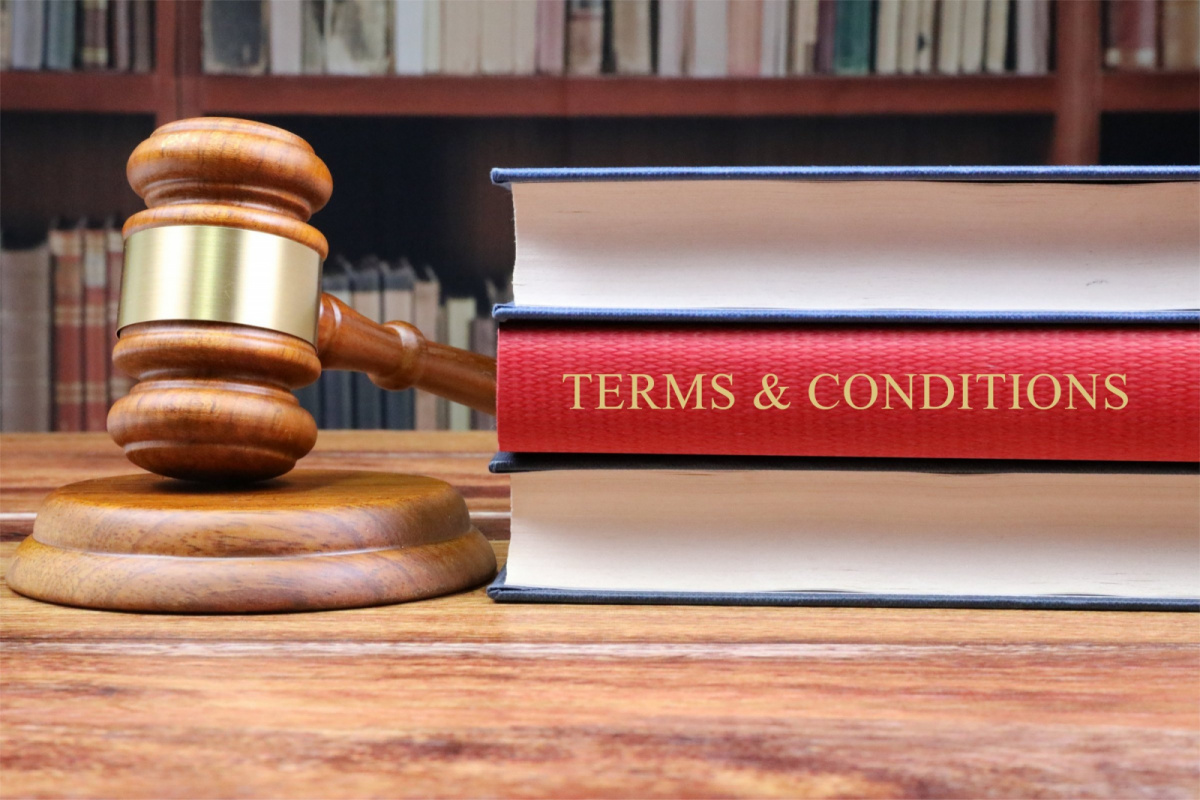#MeToo clauses are still relatively new additions to the numerous representations and warranties in M&A agreements. These clauses focus on a seller’s knowledge or awareness of accusations of sexual misconduct against its executives and others, which could be internal and financial land mines. It is unsurprising that these provisions are now being inserted into other agreements including executive employment agreements where executives must attest to their past “good behavior.”
Of course, buyers and employers are using #MeToo clauses to avoid obligations. Everything in the law is both a sword and shield. Therefore, it is important to address some of the key aspects of these provisions.
What is Sexual Harassment?
Defining this term is tricky because multiple standards could be applicable: federal law, state law, municipal law, company handbooks, and internal policy statements. This blog post is not recommending any particular law or document as a proper standard; rather, it is recommending you choose or advocate for a standard that is easy and straightforward to apply. This advice applies to the remainder of this blog post, too.
What is a “Claim” of Sexual Harassment”?
The word “claim” is another term that can be used in a wide range of contexts.
- Is it merely an allegation of wrongdoing? Must the person be investigated? And if so, is there a particular person or entity that must be the arbiter of claims?
- Allegations of sexual harassment can be made in personal and professional settings. They can also be made in situations where the line between personal and professional is blurred, such as an afterhours event at a conference.
- You must also determine whether the resolution of such allegations–if they resulted in a formal inquiry–is important. For if a person is absolved of any wrongdoing, it is difficult to suggest that person should be tainted by a false or inconclusive allegation for the remainder of that person’s career.
Choose a standard carefully and be prepared to defend it. One recommended practice is using the definition provided in your current Employment Practices Liability Insurance policy, which both provides a specific definition and explanation as to why you drafted or revised the relevant provision.
Actual Knowledge vs. Constructive Knowledge
This issue is commonly set forth in M&A agreements to determine whether litigation, undisclosed assets or liabilities, criminal activity, and other facts were “known” or “reasonably should have been known” when the transaction closed. Often times disclosure is the key determining factor in these clauses.
Be cognizant of the variables that apply to this determination:
- where must the actual or constructive knowledge be held–at the C-suite, mid-tier, any managerial level, or by any employee (or contractor)?
- what if rumors of sexual harassment existed but no formal charges were ever filed with the company or a governmental agency?
- what if the sexual harassment was open and obvious but employees were too scared to file any formal complaint?
Miscellaneous Issues
Here are three additional considerations when drafting #MeToo provisions:
- What is the limitations period–should a person or company potentially be held liable for misbehavior committed at time? This is not to excuse any prior harassment; rather, in 2022 should a 55-year old person should be punished for any act–which may or may not have happened–early in a career? During college?
- A similar limitations period should limit the “look back period” in M&A deals.
- What state laws govern the use of criminal records in hiring decisions? Your company runs the risk of setting a higher standard for people merely accused of harassment versus people who were convicted of crimes.
- Does any claim of harassment by any employee or contractor create an issue?
Conclusion
Drafting #MeToo provisions requires the same skills when drafting other provisions. Likewise, poorly drafted #MeToo clauses can result in the same adverse consequences.
David Seidman is the principal and founder of Seidman Law Group, LLC. He serves as outside general counsel for companies, which requires him to consider a diverse range of corporate, dispute resolution and avoidance, contract drafting and negotiation, real estate, and other issues. He can be reached at david@seidmanlawgroup.com or 312-399-7390.
This blog post is not legal advice. Please consult an experienced attorney to assist with your legal issues.














